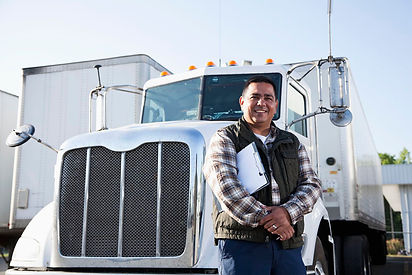Business Insurance
Just say the word, we can do it all!
Business Insurance Deer Park, TX
General liability insurance, also known as commercial liability insurance or business liability insurance, is a type of insurance policy that helps protect businesses from claims that happen as a result of normal operations.
Business liability insurance typically provides coverage to small businesses for bodily injuries, medical payments, advertising injuries and more.

Commercial General Liability Insurance 101
A Commercial General Liability (CGL) policy protects your business from financial loss should you be liable for property damage or personal and advertising injury caused by your services, business operations or your employees. It covers non-professional negligent acts. Understanding this coverage is an important first step in managing CGL risks.
Here are just a few examples of situations in which your business could be responsible for paying various costs, such as medical and legal expenses, as well as compensatory and punitive damages:
-
While visiting your business, a customer trips on loose flooring and is injured.
-
An employee in your painting or construction business accidentally leaves water running, causing substantial damage to a customer’s home.
-
A class action lawsuit is filed against your business, alleging advertisements constituted misleading information.
What commercial general liability insurance covers
A CGL insurance policy will usually cover the costs of your legal defense and will pay on your behalf all damages if you are found liable—up to the limits of your policy. CGL coverage is one of the most important insurance products, due to the negative impact that a lawsuit can have on a business and because such liability suits happen so frequently. Standard CGL includes:
